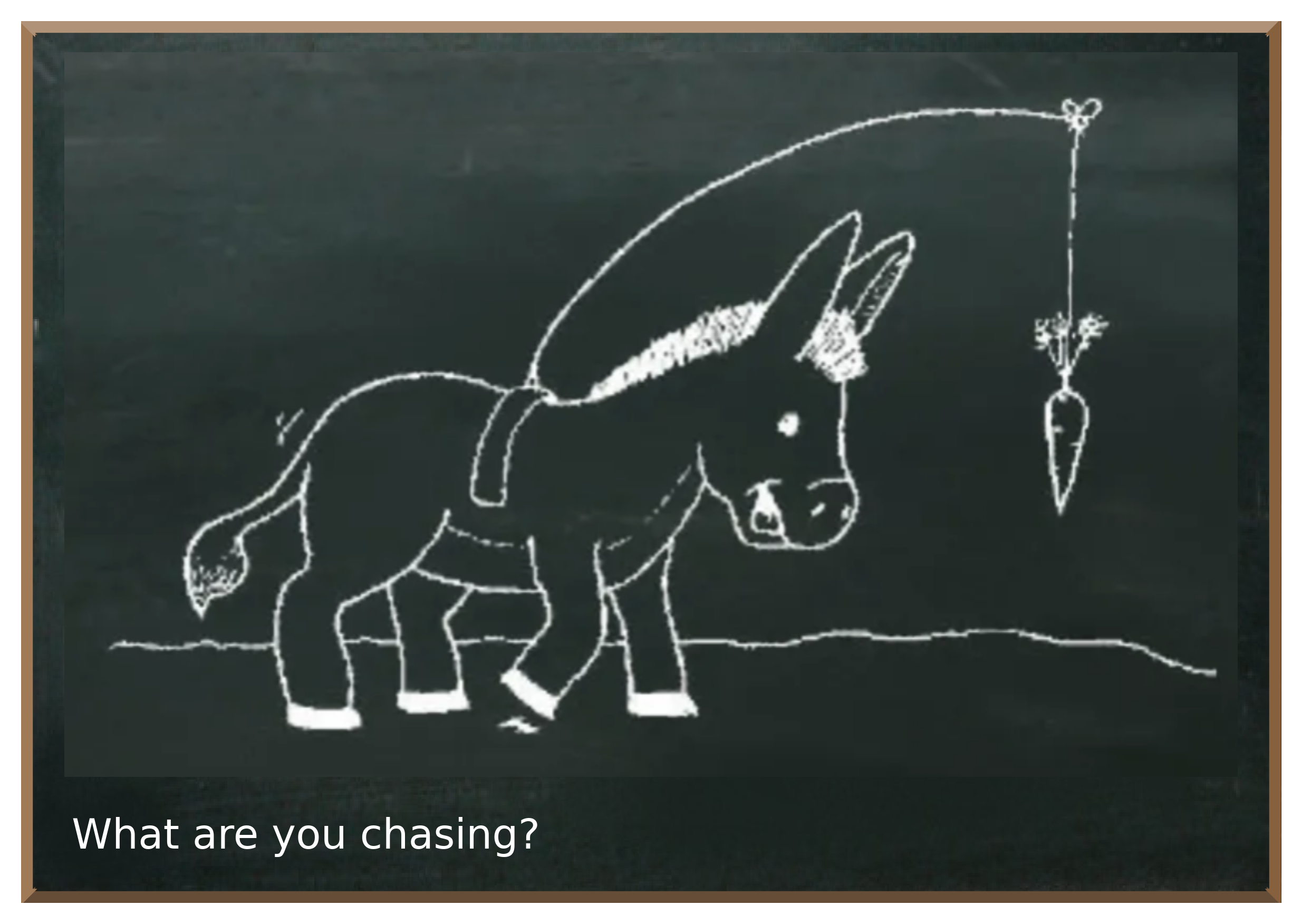Quantum Computing Is Taught The Wrong Way
This is why PyQML offers a different approach
You will not learn quantum computing in conventional quantum computing textbooks. But it's not because you're not intelligent enough.
Quantum computing is taught the wrong way. The literature on quantum computing is full of physics jargon and mathematical equations. Take, for example, this explanation of the Variational Quantum Eigensolver.
The Variational Quantum Eigensolver can help us to estimate the energy of the ground state of a given quantum mechanical system. This is the upper bound of the lowest eigenvalue of a given Hamiltonian. It builds upon the variational principle that is described as:
There are only two possibilities.
Either you understand what it says. Congratulations, then you are already an expert in the field of quantum computing and no longer need to be taught.
Or you don't understand it. And that is precisely the crux of the matter! The usual explanations in quantum textbooks are incomprehensible. Basically, they are useless for beginners. They are only useful for experts in the field. But they don't need them because they are already experts.
Unfortunately, this kind of description is not an exception or a rare case. No, this is the blunt usual.
You will not learn quantum computing in conventional quantum computing textbooks
That's why you won't learn quantum computing from traditional textbooks and online courses.
Read that again.
The usual quantum computing textbooks and online courses
- are crammed with physics jargon,
- use mathematical equations that confuse rather than clarify.
- And they are boring as hell.

And that has serious consequences. You won't learn quantum computing if you rely solely on these resources.
Don't get me wrong!
It's not because you're not intelligent enough. The very fact that you are studying quantum computing is sufficient proof of your intellectual curiosity and ambition. The self-selective forces at play here are indeed very strong.
And this is not because the content of these sources is not well researched, correct, and very precise.
You won't learn quantum computing from these sources because they don't impart the knowledge.
Like it or not, we live in a world full of distractions. Last but not least, it is said that our attention span is shorter than that of a goldfish. In this world, it's simply not enough to just provide quality information. We are constantly inundated with information.
It's hard to motivate yourself to work through equations, research physics terms and read boring passages of text.
And it is even more difficult to do this over and over again. You certainly can't learn quantum computing in one day. So why put yourself through the same torture over and over again?
It's much easier to just scroll through your LinkedIn feed and pass the time until the next task comes up and you realize your five-minute break is over.
If you want to learn quantum computing, you need a different teacher. One who provides quality information that is supported by
- clear descriptions,
- comprehensible examples, and
- an exciting story.
Every single step in your journey to quantum computing mastery must be worth the time you invest in it. Inevitably, the learning material competes with the popular press and media constantly vying for your attention.
*“But what about all those physics students out there? They seem to stay motivated! What do they have that I don't?”*
As is so often the case in life, it seems that the things that cause us trouble come easily to others. But upon closer inspection, we see this is not true.
Wouldn't it be good to be on your side? The grass is always greener over there. cite Nik Kershaw, Wouldn't It Be Good, 1984
There is a growing body of literature reporting the difficulties quantum physics students have to learn their stuff and stay motivated.
Teachers were challenged to enthuse their students for quantum physics as they struggled to convey the relevance of the subject to their students.
Physics students are only human. They may have a slightly higher tolerance for equations and technical terms. But they struggle.
They struggle, and they struggle hard!
But don't forget that they have the carrot of a university degree dangling in front of them. For most of us, this is a great motivating factor to put in some effort, regardless of the subject, by the way.

Of course, I am not advocating a two-tier education with university students on one side and interested enthusiasts on the other.
At the end of the day, no one will ask you how you acquired the knowledge needed to solve a problem. Your professors don't care if you spent your nights reading textbooks or partying. They only care if you have mastered the material.
So overcome the urge to self-flagellate!
There is no rule that dictates that quantum computing must be taught with physics jargon, incomprehensible equations and long, bone-dry paragraphs.
If you really want to learn quantum computing, make it as fun and exciting as possible.
PyQML is here to help.